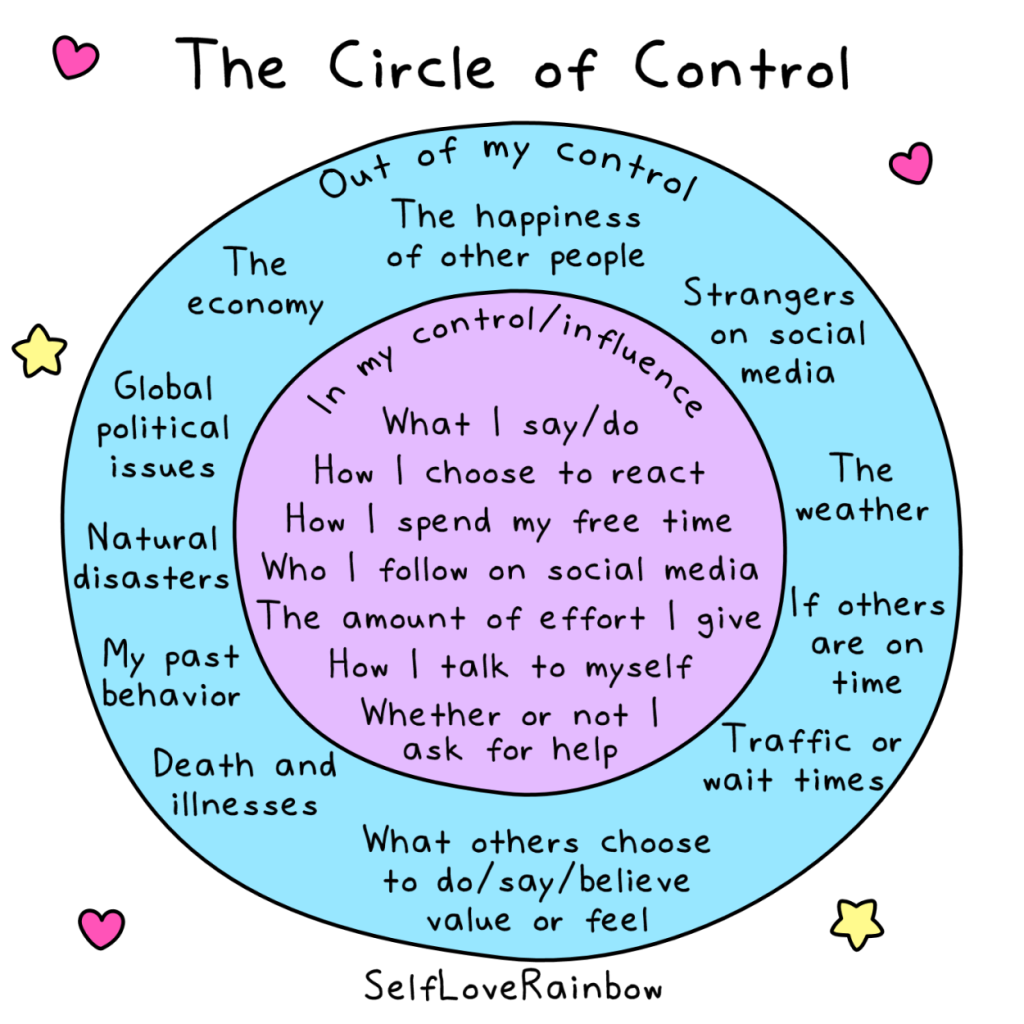When Life Gives You All the Red Lights
We’ve all been there.
You spill coffee on your shirt as you head out the door. Someone cuts you off in traffic. A flat tire or missed appointment derails your plans. When it rains, it pours.
Some days, nothing seems to go right. Our patience wears thin, our resilience is tested, and we feel like one more setback will push us over the edge.
The truth is, everyone has “off days.” Sometimes you can hit pause, crawl back into bed, or binge a comfort show. Other times, you’re stuck rolling with the punches. So how do we get through it?
Working Through Big Emotions
Stress has a way of piling up. A single rough start to the day can snowball into a mountain of tension. When that happens, it’s easy to feel disconnected from yourself and those around you.
You might notice:
- Feeling irritable or short-tempered
- Growing discouraged or overly self-critical
- Being distracted by intrusive thoughts
- Snapping at others without meaning to
These reactions are normal. They don’t mean you’re “failing” at handling stress — they just mean your mind and body are signaling that something needs attention. Recognizing these signs early can help you stop the spiral before a bad day becomes something bigger.
The Circle of Control
One way to reset is by focusing on what’s in — and out of — your control. Many daily frustrations are simply beyond our reach:
- Out of your control: the weather, traffic, other people’s choices, unexpected delays
- In your control: how you respond, the tone you use with others, and the way you care for yourself
By pausing to ask, “Is this something I can change, or something I need to let go?” you give yourself a chance to release what’s weighing you down. Shifting your focus to what’s in your hands won’t erase the frustration, but it often makes challenges feel less overwhelming and more manageable.

Image via SelfLoveRainbow
Pausing the Pressure & Letting It Go
Letting go doesn’t mean minimizing your feelings — it means choosing not to let small setbacks take over your whole day. Sometimes this takes practice, but a few strategies can help:
- Radical acceptance: Acknowledge reality as it is, even if it’s uncomfortable. This helps reduce the energy spent fighting against what we can’t change.
- Forgiveness: Offer grace — to yourself and others. Everyone makes mistakes, and everyone has tough days.
- Perspective: Step back and remind yourself that most frustrations won’t matter tomorrow, next week, or next year.
- Self-care resets: Rinse out stress by walking in nature, writing down your thoughts, listening to music, or sharing a laugh with a friend.
These simple acts don’t erase challenges, but they help you move through them without carrying unnecessary weight.

When a Bad Day Sticks Around
Most tough days pass with time, but sometimes stress, sadness, or frustration lingers. When bad days stretch into weeks, it can feel harder to cope, leaving you feeling drained or hopeless.
That’s when reaching out matters most. You don’t have to carry it alone. Support can come in many forms:
- Talking with a trusted friend or family member
- Joining a support group where others understand your experiences
- Reaching out to a counselor or mental health professional for support
Asking for help is not a weakness; it’s an act of courage. Sharing what you’re going through is often the first step toward feeling lighter and finding hope again.
Bad days happen to all of us. But with the right tools and the right support when you need it, brighter days are possible.
Help is available. Call 970.347.2120 or visit NorthRange.org to learn more.




